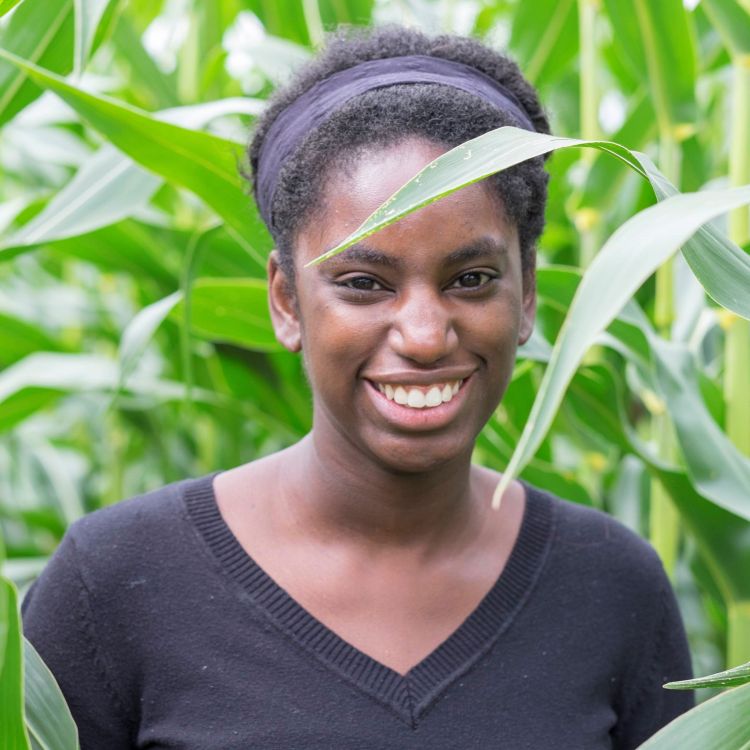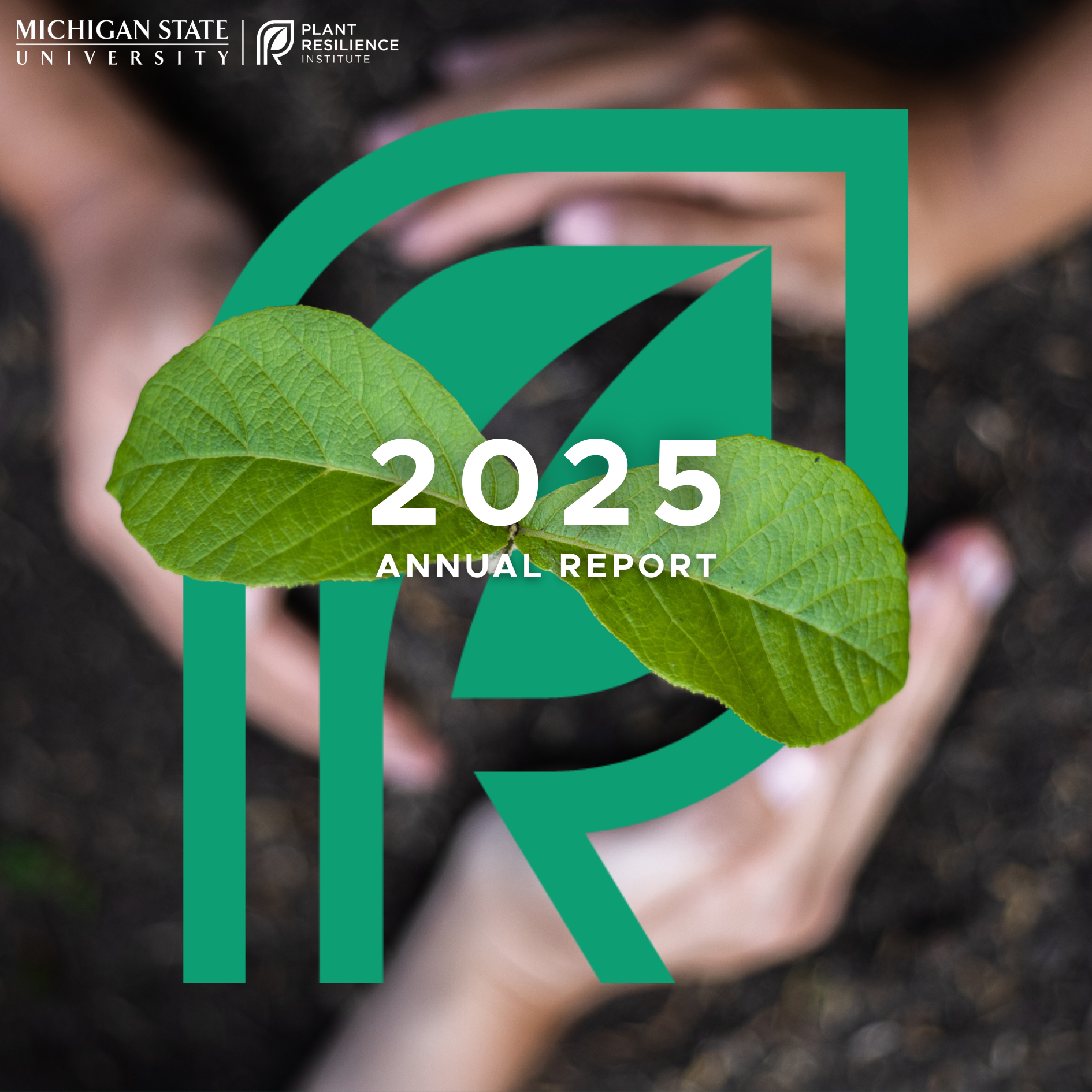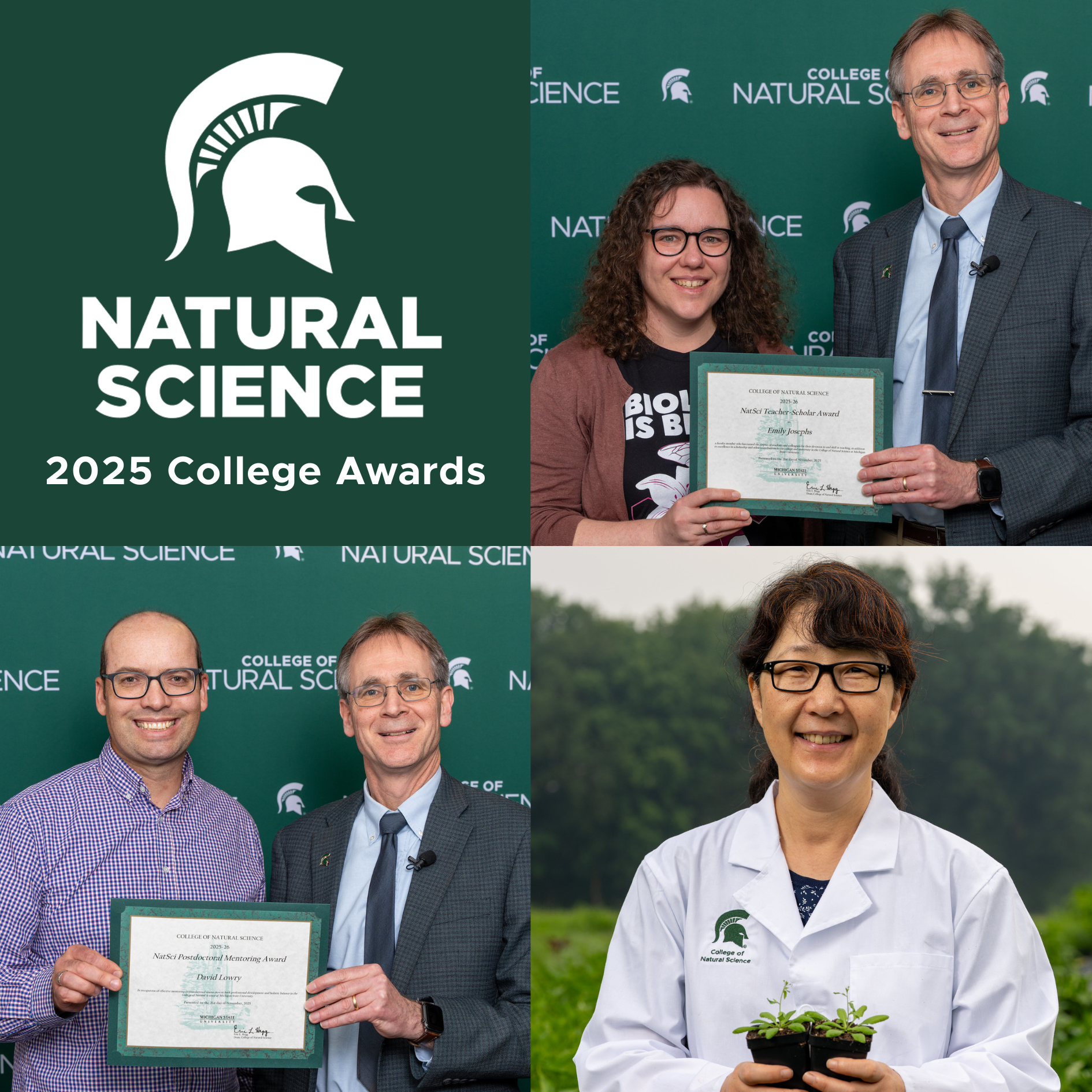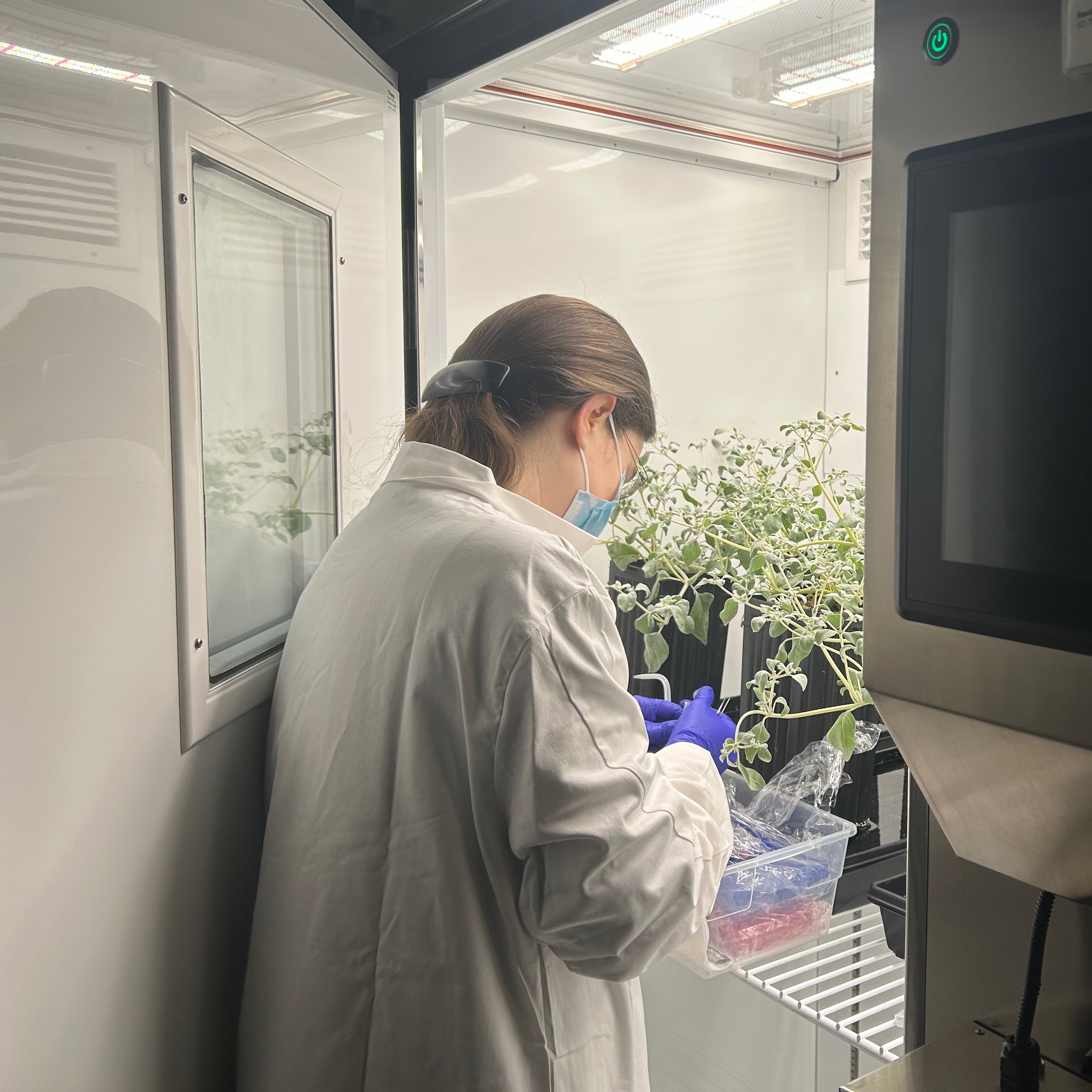Chris Topp Puts Down Roots at MSU, Joins PRI
Topp uses powerful imaging tools to envision the future of sustainable agriculture
If you had X-ray vision, where would you look? Would you think to turn your gaze down, toward the rows of soil stretching across farmland?
For over a decade, Chris Topp has been using high-powered imaging techniques to do just that: peer into the unseen. Using X-ray imaging techniques, Topp and his group have pioneered methods for examining how the processes and conditions in and around root systems can make or break healthy crops.
Soon, Topp will bring his unique vision for plant science to Michigan State University, starting in January of 2026.
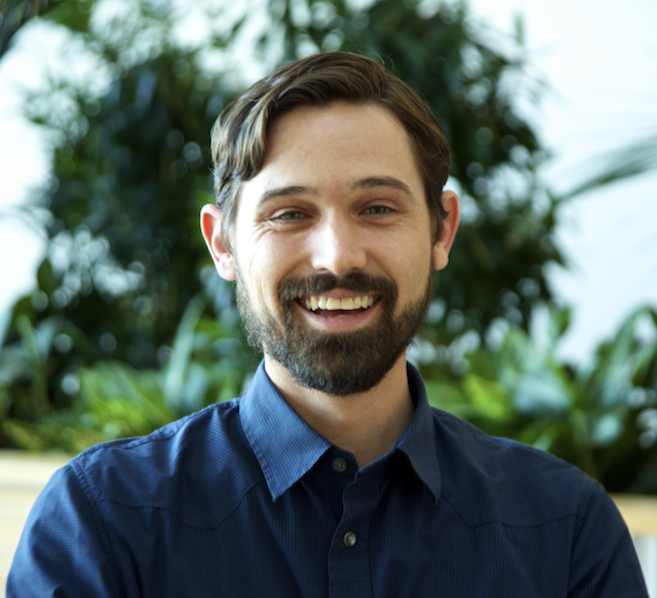
“MSU offers unmatched breadth and depth in plant, soil, bioimaging and computational sciences,” Topp said. In January, he’ll officially join the Plant Resilience Institute, sharing an appointment with the departments of Plant Biology and Plant, Soil and Microbial Sciences.
“Dr. Topp’s groundbreaking work in root genetics and phenotyping technologies will help propel MSU’s Plant Resilience Institute into the next era of discovery,” said Seung Yon (Sue) Rhee, director of the Plant Resilience Institute (PRI). “We are excited to support his interdisciplinary research program as part of the PRI, addressing global challenges in food security and climate resilience.”
The PRI is a collaborative and interdisciplinary center for plant researchers to jointly address global challenges. Such a collaborative environment “is where my lab’s focus on root systems ... can have the greatest impact,” said Topp.
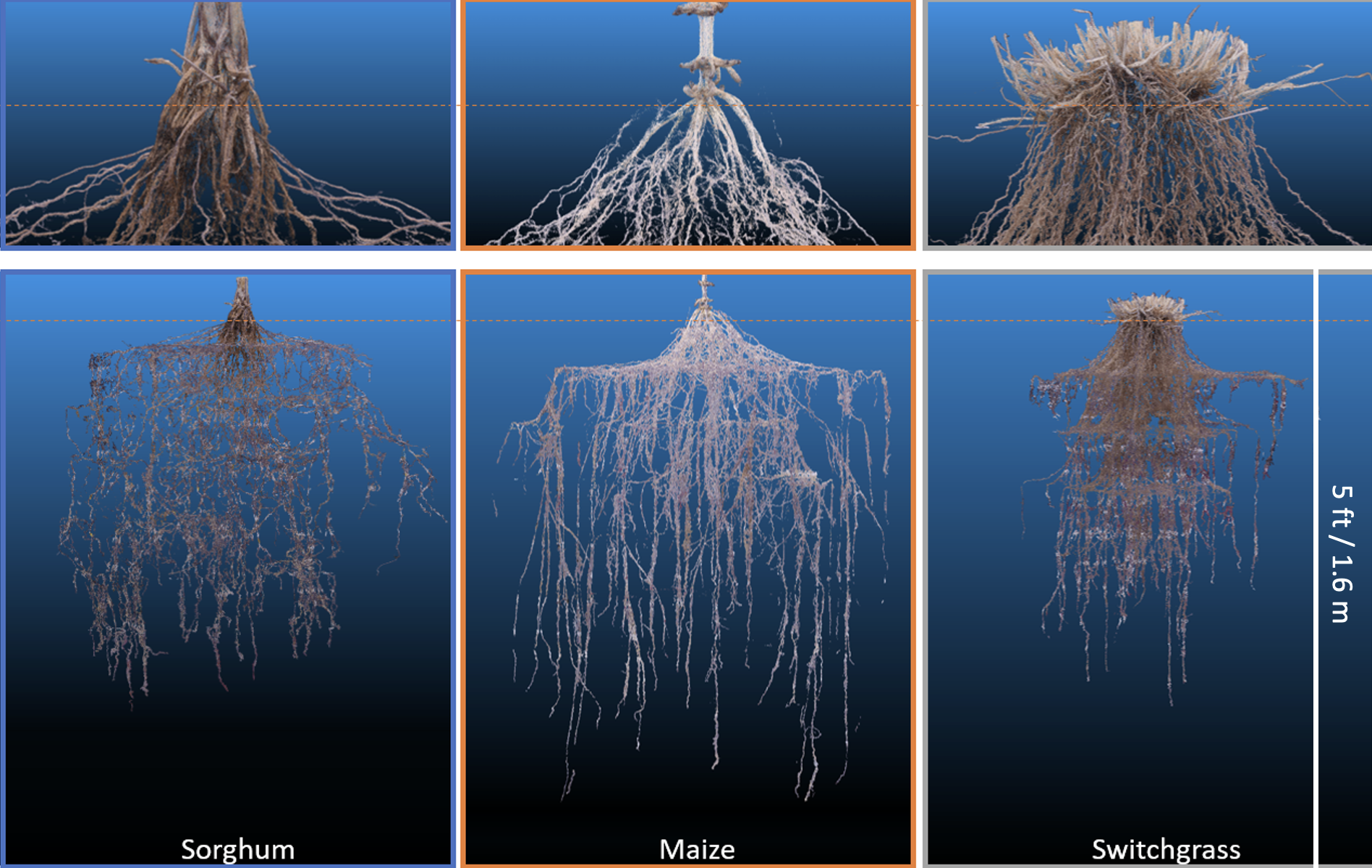
Topp’s expertise and experience in high-resolution scans of plants – from sprawling networks of roots to the microscopic interiors of seeds and budding grains – reveals unseen details across scales, and across a variety of plant systems.
“Dr. Topp has led the field in developing imaging technologies to study intact, living root systems in three dimensions. His innovative approaches have opened the black box of root biology, uncovering previously unseen elements of architecture, function, and interaction in stunning detail,” noted Andrea Case, chairperson of the department of Plant Biology.
Topp has served as a Principal Investigator at the Donald Danforth Plant Science Center for the past 12 years.
“Recruiting scientists of Dr. Topp’s caliber reflects MSU’s commitment to enhancing the prominence and recognition of MSU’s cutting-edge plant science programs,” Sydney Everhart, chairperson of the department of Plant, Soil and Microbial Sciences. “His appointment strengthens our capacity to lead in areas critical to the future of agriculture and environmental resilience. There is a lot of excitement about the future collaborations that will be possible by having Dr. Topp join MSU in the coming year.”
“PRI is intentionally built for collaboration across scales, from genes and cells to fields and food systems,” Topp said. “MSU’s critical mass of faculty working on plants, soils, agronomy, ecology, and data science, combined with the university’s land-grant mission, aligns with how my group works: transdisciplinary, tool-building, and translation-oriented.”
Topp is looking toward new horizons at MSU, where he plans to expand the translational applications of his work – looking not only at the relationship between soil and root health, but whether root systems can be designed to improve crop yield while reducing the amount of water and nutrients needed to support them. These ideas, Topp explains, could lead to strategies which offer real-world benefits to farmers while improving soil health.
By focusing on convergent science, PRI connects leading plant researchers to drive unique solutions to global challenges in food security and agricultural resilience. PRI is continuing to build on this collaborative mission and is currently seeking applications for multiple tenure-stream faculty positions. Review of applications will begin October 15, 2025.
